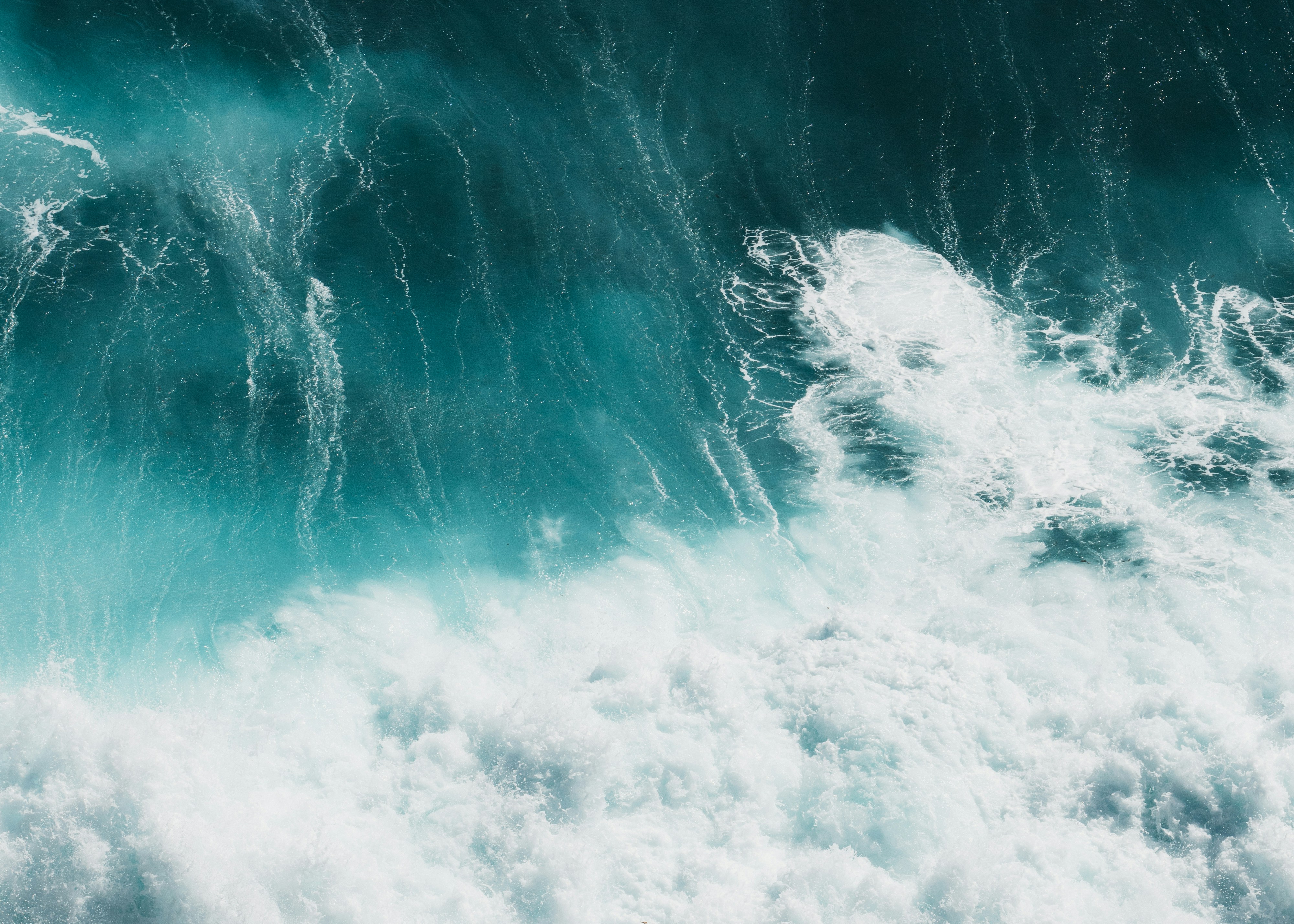Nova Scotia, Canada, 16th July 2025, ZEX PR WIRE, Marine technology entrepreneur and ocean conservation advocate Mark Andrew Kozlowski is using the momentum from a recent feature article on his work to rally support for sustainable, data-driven ocean solutions. In the interview, Kozlowski shares his journey from building underwater robots as a boy in Nova Scotia to founding Blue Horizon Technologies, an AI-powered marine innovation company with a global impact.

Now, he’s urging the public—especially in coastal and river cities like London—to take action.
“You don’t need a billion pounds or a PhD to start solving real problems,” says Kozlowski. “You need time, tools, and a reason to care.”
The Challenge: Why Ocean Innovation Matters Now
The Blue Economy—economic activity tied to oceans, coasts, and waterways—is valued at over £3.2 trillion globally and supports more than 3 billion people. Yet, according to the UN, 90% of marine fish stocks are overexploited or at their limits. Rising sea levels threaten millions of homes across the UK and beyond.
Kozlowski believes the solutions lie not just with policymakers or corporations, but with ordinary people, schools, and grassroots efforts.
“We need more citizen science, more local stewardship, more hands-on engagement,” he says. “The sea can’t just be seen as a backdrop. It’s part of our home—and our future.”
What He’s Advocating For
Drawing from his personal story and Blue Horizon’s international projects, Kozlowski is pushing for three core actions:
-
Integrate ocean literacy into education systems.
“Every child should meet the ocean before they grow up afraid of it,” he says. His foundation funds school trips and community workshops that teach practical marine science. -
Support low-impact infrastructure in coastal cities.
He points to projects that use living shorelines, not concrete walls, to prevent erosion while restoring marine habitats. -
Leverage data and open-source tools.
“We gave Chilean fishers real-time data on where the fish would be—and it changed everything,” he explains. His team wants more communities to have access to affordable monitoring tech.
A Global Message with Local Impact
Although Kozlowski’s work spans five continents, his approach is deeply local. Whether it’s Nova Scotia or London, he says the key is blending science with lived experience.
“The Thames has its own voice. The North Sea has patterns. We just need better ears to listen,” he says. “Innovation doesn’t always look like Silicon Valley. Sometimes it looks like a teenager in a tide pool with a phone and a sketchpad.”
His feature interview highlights how London’s tech scene, riverfront developments, and climate resilience plans could benefit from this more grounded, nature-informed approach.
Take the First Step Toward Ocean Action
Mark Andrew Kozlowski isn’t asking people to wait for top-down change. He’s inviting individuals, educators, and small businesses to act now:
-
Educators can bring marine science into classrooms with tide pool visits or local water testing projects.
-
Startups and designers can explore eco-friendly materials and smart marine sensors.
-
Residents can advocate for green infrastructure along their rivers, beaches, and canals.
-
Everyone can learn more about the Blue Economy and share that knowledge in their own communities.
“The more we understand the sea, the better we’ll treat it—and the better it will treat us,” he concludes.
To read the full interview, visit the website here.
About Mark Andrew Kozlowski
Mark Andrew Kozlowski is the founder and CEO of Blue Horizon Technologies, a marine innovation company specialising in AI-powered ocean monitoring, sustainable fisheries tools, and offshore clean energy systems. He is also the founder of the Kozlowski Foundation for Ocean Literacy, a board member of Ocean Supercluster Canada, and a recipient of the Order of Nova Scotia.
Millie James is an American real estate investor and Adjunct Professor in Entrepreneurship, Emeritus at Business School.
Disclaimer: The views, suggestions, and opinions expressed here are the sole responsibility of the experts. No journalist was involved in the writing and production of this article.
